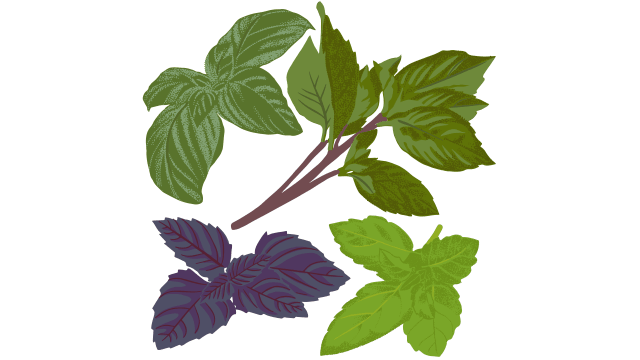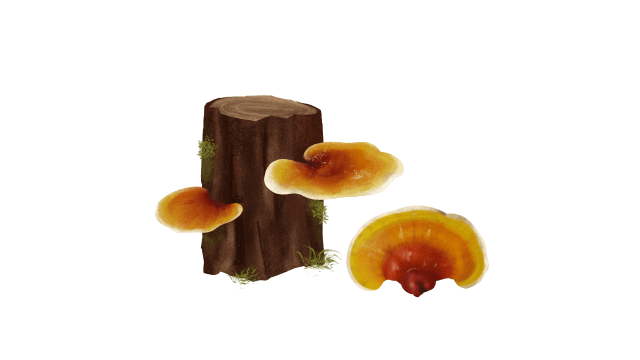Q&A with Melissa Petitto

Traditional culinary medicinal practices that ingeniously used plants and herbs in healing and boosting health are leading the way in contemporary conversations about food. With stress-related health issues reaching epidemic proportions, the role and inclusion of adaptogens in our food or in the form of supplements is gaining strength.
Just ask the vivacious nutritionist and dietitian Melissa Petitto, whose chef’s motto is “Food is medicine.” She graduated with top honors in culinary nutrition from Johnson & Wales University, in Providence, Rhode Island, and moved far from her native Alabama to New York to California to share her skills in developing nutritious recipes.
Working as a personal chef, Petitto has attracted some of the beautiful people of Hollywood as her clientele for healthy eating. Her cookbooks are focused on nutritious recipes and how following a healthy diet can be rewarding for our overall wellbeing. Her book Adaptogens explains the role of select plants and herbs known as adaptogens and the ways in which they help invigorate our health. Adaptogens are herbal substances that can help the body combat stress—physical, chemical, or biological—and achieve homeostasis or balance.
Petitto’s beautifully produced book begins with the history of adaptogens in culinary medicine, starting with Soviet lab experiments with adaptogens to help soldiers manage stress and boost stamina during World War II. She lists the many herbs, their provenances, and traditional ways they were used in olden times and shares recipes where adaptogens can be added in inventive ways to make delicious dishes today.
Roundglass Food: Adaptogens have been part of many traditional healing systems around the world. What is the primary reason for them to come into focus as nootropics?
Melissa Petitto: I think that we are seeing a return to true healing for the mainstream. A return to traditional Chinese medicine, Ayurveda, and other ancient forms of healing that involve treating the root cause of an issue instead of just putting a bandage on an ailment with pills and modern medicine.
RG: As a chef, cookbook author, and dietitian, what inspired you to specialize in adaptogens and their culinary applications?
MP: I am someone who loves nutrition, ancient remedies, and healing through food. Adaptogens are such intelligent plant forms, and they fascinate me. Writing this book, Adaptogens, brought all my passions together.
RG: What are some common misconceptions or myths about adaptogens, and how do you address these in your work and recipes?
MP: Adaptogens are intelligent plant forms. I think the most common misconception about adaptogens is that they are one-size-fits-all and they can produce miracles. Or that if you take one, all your stress is going to go away or your immune system will become super strong and you will no longer get sick. Or that if you take the one, you will be immune to cancer. These plants are incredible, but they are only a part of a solution. The truth is, and I address this in my book, adaptogens are only a part of an approach to a healthier lifestyle. Reducing stress, limiting alcohol, grounding, spending time with loved ones, not smoking, plus adaptogens equals a recipe for success.
RG: Can you highlight a few adaptogens that are beneficial for alleviating stress?
MP: Ashwagandha, Rhodiola rosea , schisandra, Siberian ginseng, and holy basil.
RG: Traditional healing systems, like Ayurveda, recommended adaptogens for children. Are there any potential risks or signs we need to watch for while introducing them to kids?
MP: I have found that all age groups benefit from adaptogens. It is always best to consult a physician before starting them, but I believe they are safe for all ages. You should always make sure any prescriptions are OK to mix with adaptogens, and you should always start on the smaller side of the dosage to make sure there are no adverse side effects.
RG: What are some staple adaptogens you recommend that people always have on hand?
MP: I love mushroom adaptogens. They are super simple to add to coffee or smoothies, and they have so many health benefits ranging from stress reduction to potentially slowing cancer cell growth. I also always have ashwagandha on hand because it is an incredible stress reliever. Another that is awesome is baobab for immune health.
RG: How do you ensure that the flavors of adaptogens are well-balanced in your recipes?
MP: I work with the flavors of the adaptogens, not against them. For instance, when using mushroom adaptogens, I would incorporate them with other umami and mushroom flavors so that they blend and enhance the recipe, not take from it. Or when using baobab, which has a fruity flavor, I would add it to smoothies or fruit dishes.
RG: Do you have any nutrition concerns, and how do you address them?
MP: I am very lucky and do not have any long-term nutritional concerns. I do, however, take ashwagandha, reishi , and baobab daily.
RG: Is there an elixir, tonic, or tea that you associate with healing?
MP: When I am run-down and feeling like I might get sick, I tend to reach for a ginger, mushroom, garlic, and chile broth tea with lots of garlic. I guess I would call it an elixir, and it always makes me feel better.
Key Takeaways
- Adaptogens help manage stress levels.
- They enhance energy and focus.
- Adaptogens are pantry essentials for vitality.





